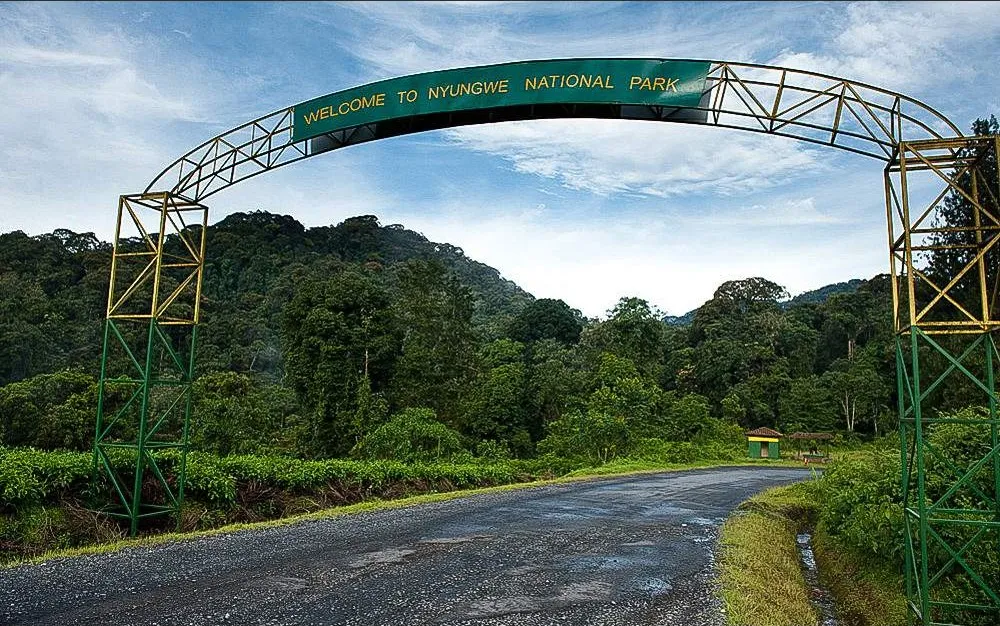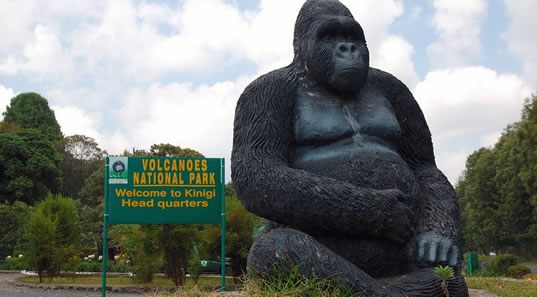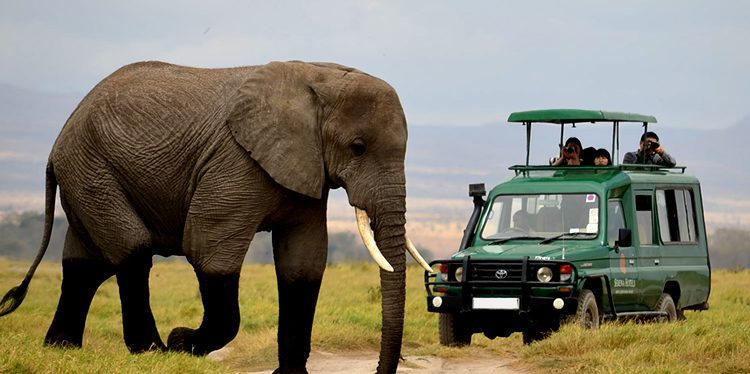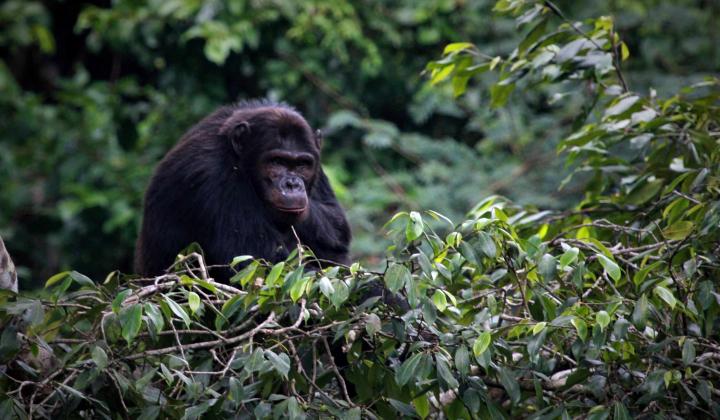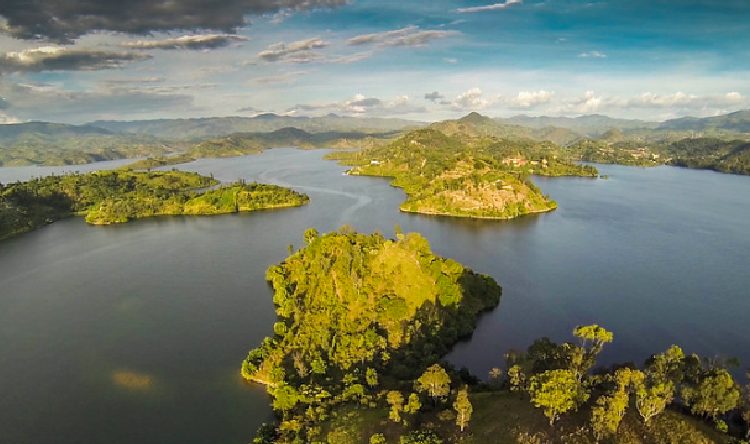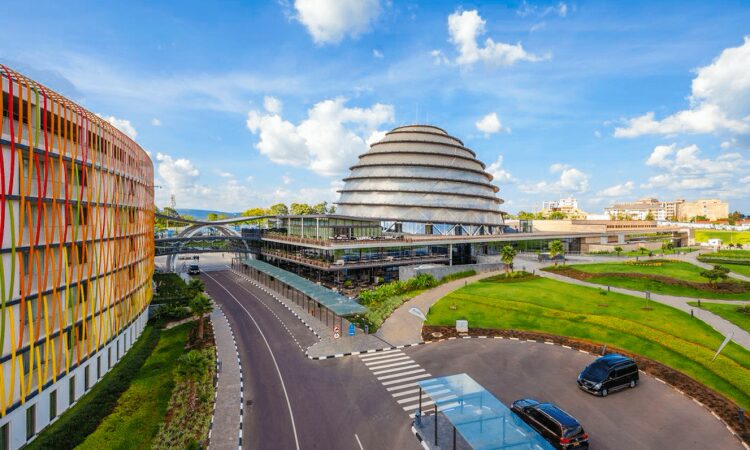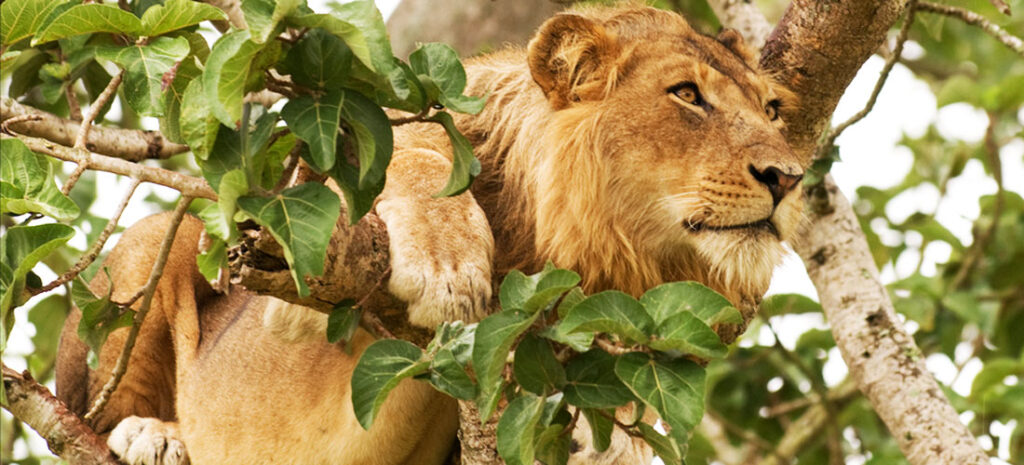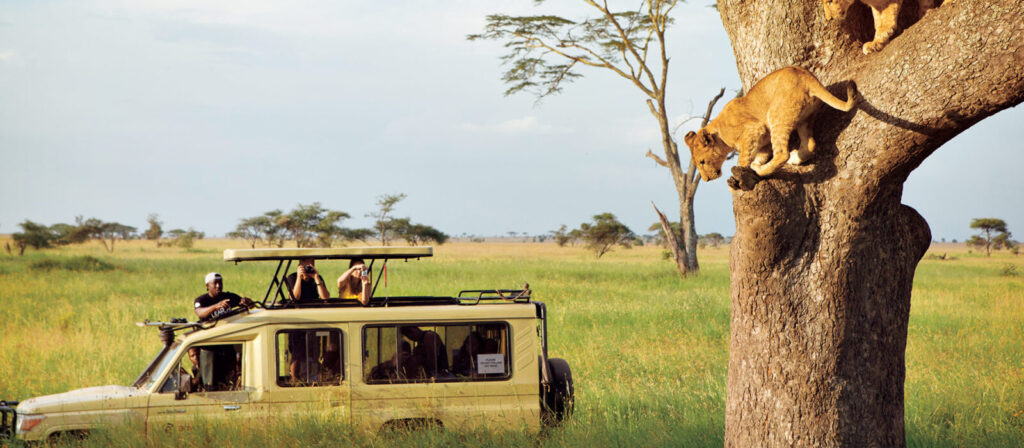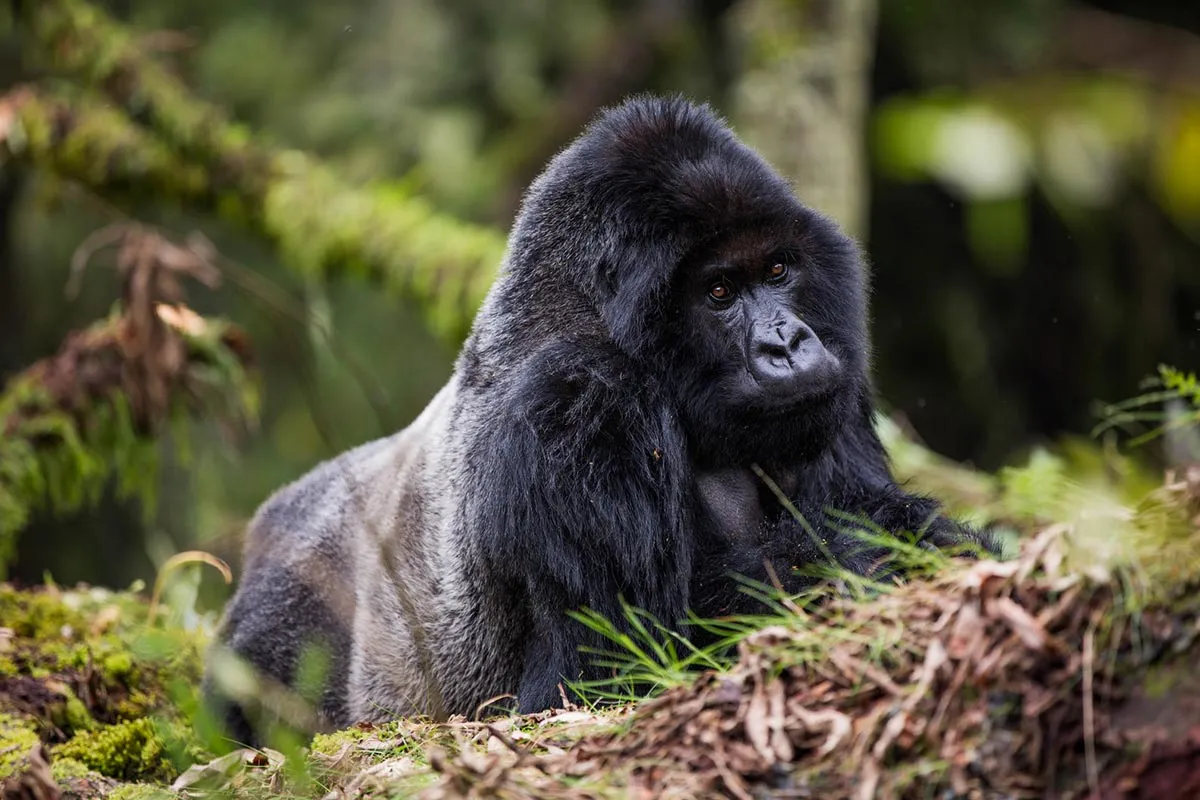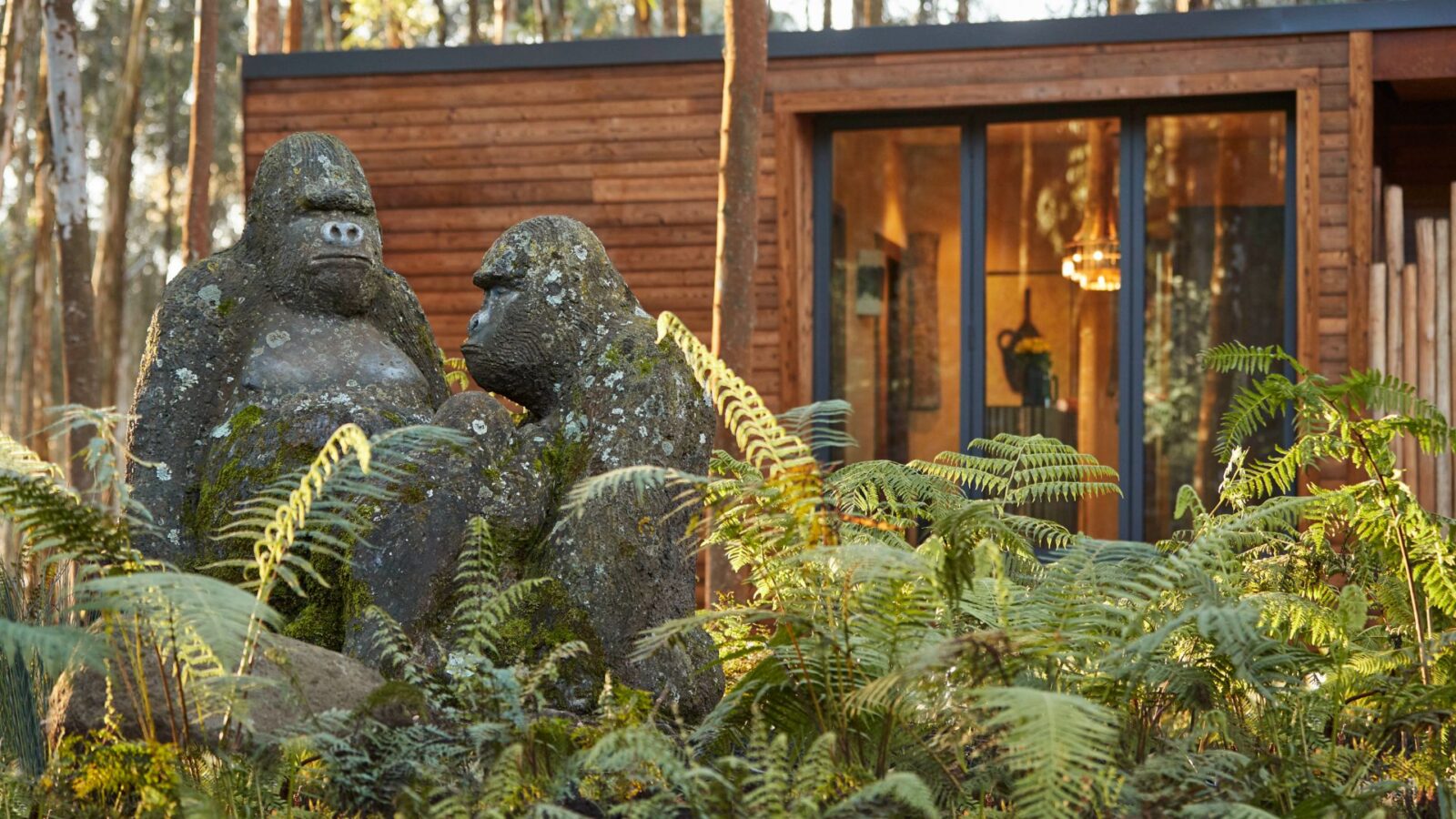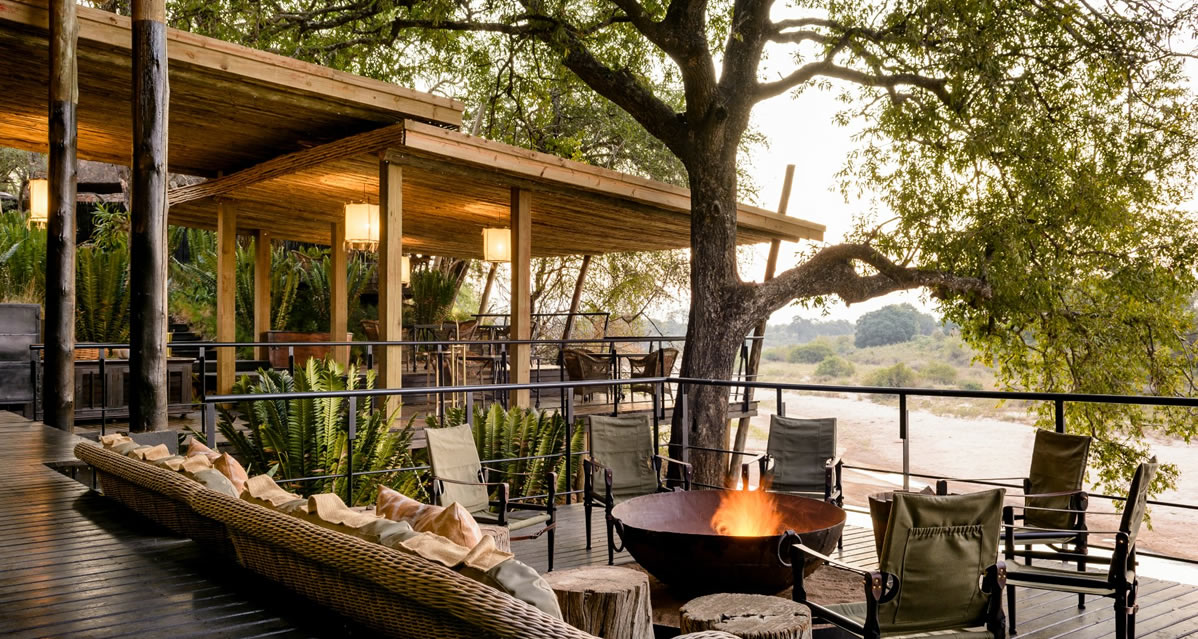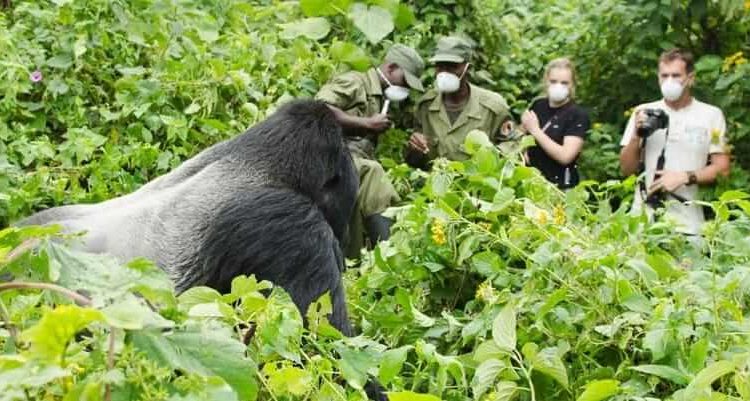Nyungwe National Park
Hidden deep within the emerald folds of southwestern Rwanda, Nyungwe National Park stands as one of Africa’s most captivating and ancient montane rainforests — a sanctuary of mist, biodiversity, and timeless wonder. Draped in a constant cloak of dew and mystery, this UNESCO-recognized ecological marvel captures the very soul of Central Africa’s natural splendor, where dense canopies sway in rhythm with the whispers of chimpanzees, and streams born from the heart of the forest feed the great rivers of the continent.
Covering more than 1,000 square kilometers of pristine tropical forest, Nyungwe is not just a park; it is a living, breathing tapestry of ecosystems that connect the Albertine Rift Mountains with the Congo Basin. It is a paradise for scientists, conservationists, and travelers seeking an authentic communion with nature. Here, biodiversity reigns supreme — from over 13 primate species and 300 bird species to hundreds of orchids and butterflies — making it one of the most biologically rich high-altitude forests in Africa.
What sets Nyungwe apart is not only its astonishing natural wealth but also the sense of serenity that envelops every visitor. Away from the noise of urban life, the park offers a refuge where time slows, where each footstep on its forest trails echoes with the heartbeat of the wild. For those yearning to reconnect with untouched nature, Nyungwe National Park is the ultimate sanctuary — a place where Rwanda’s soul beats strongest and purest.

